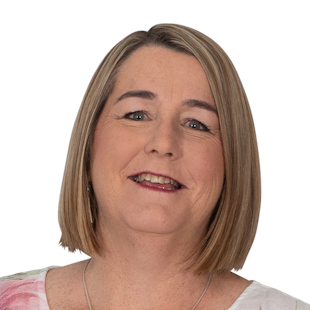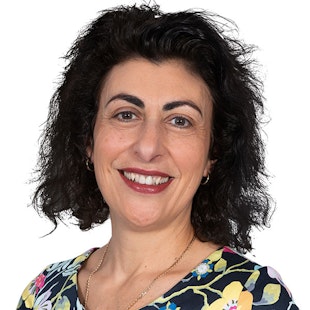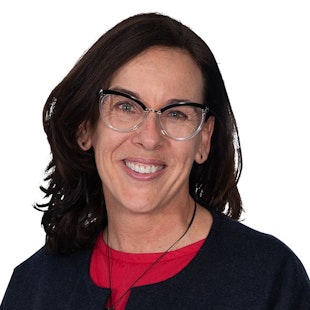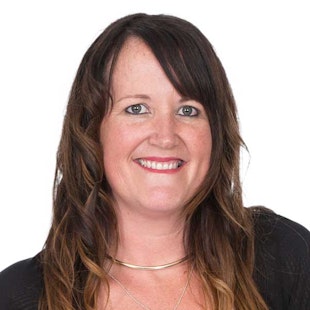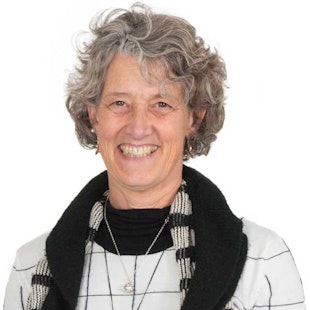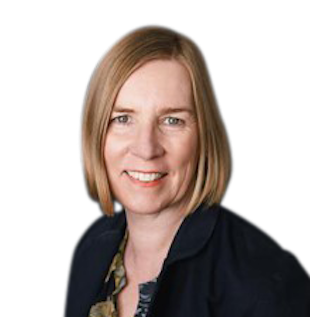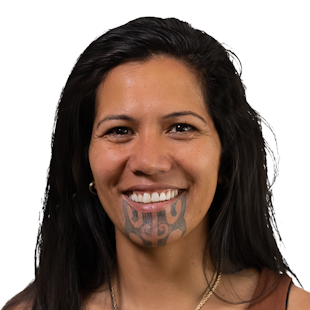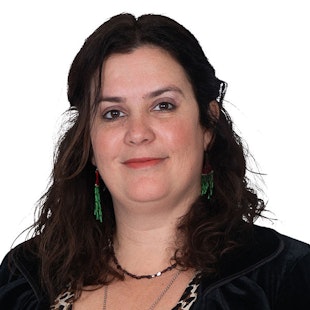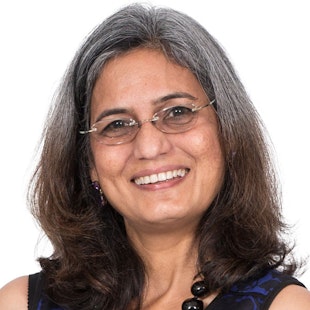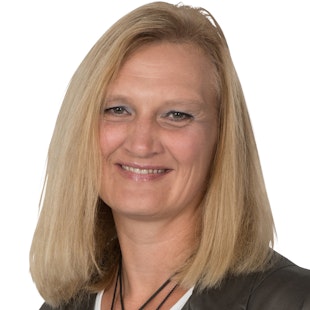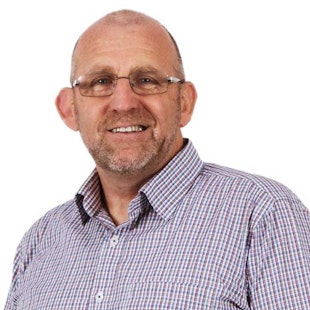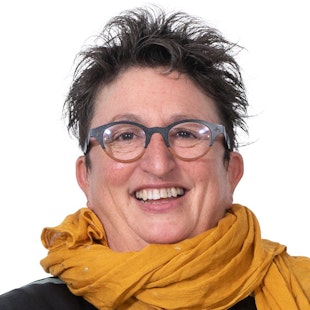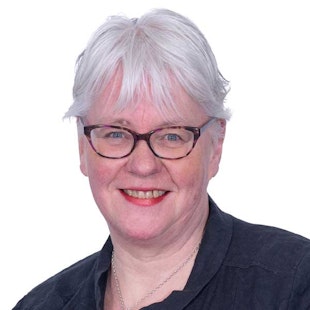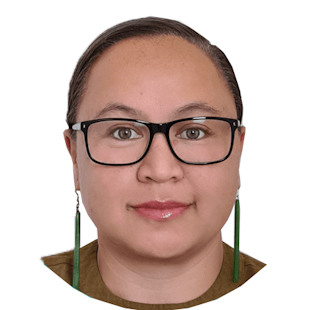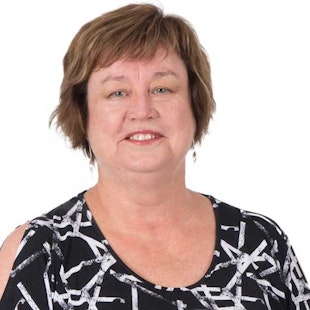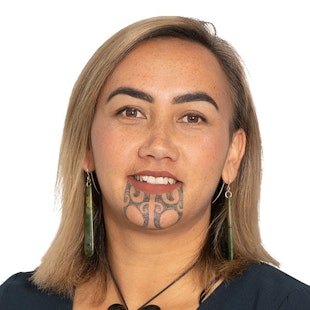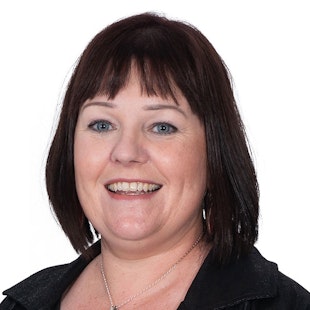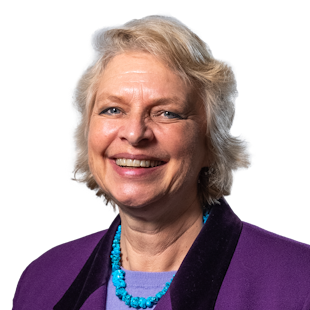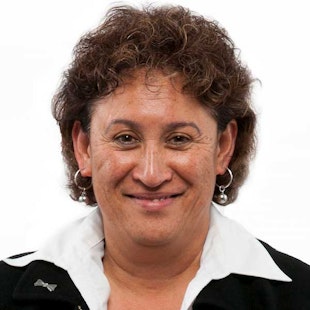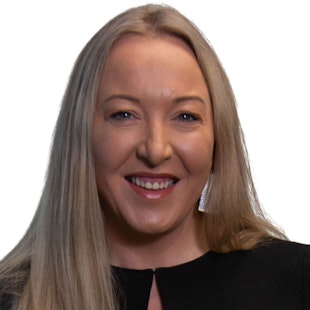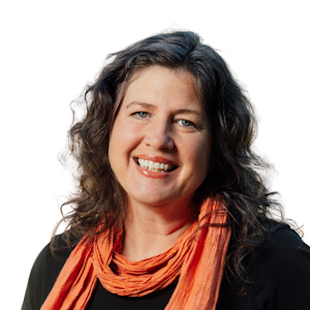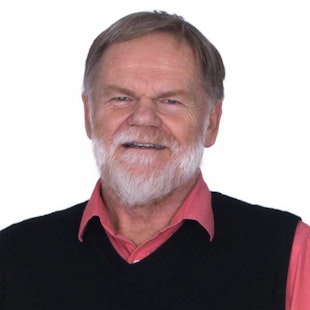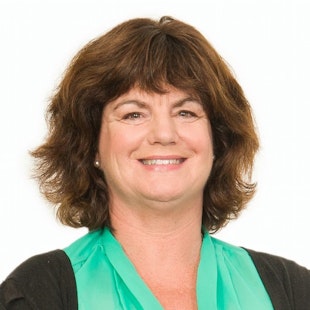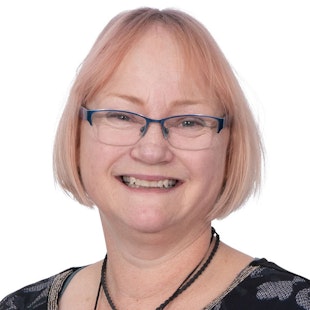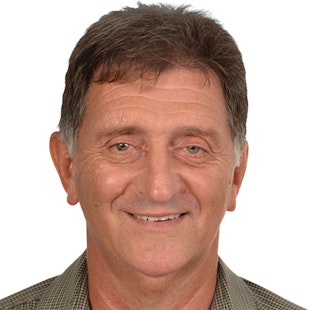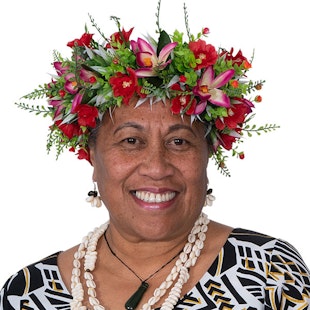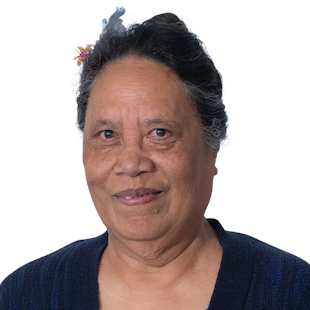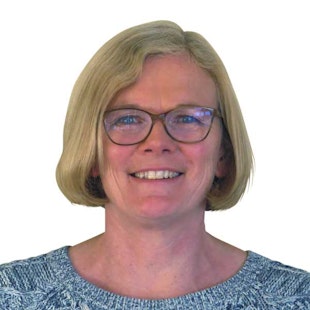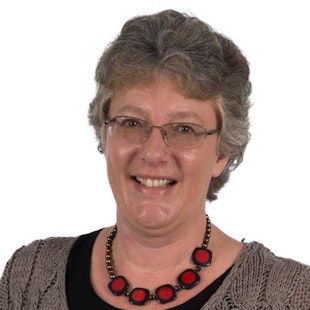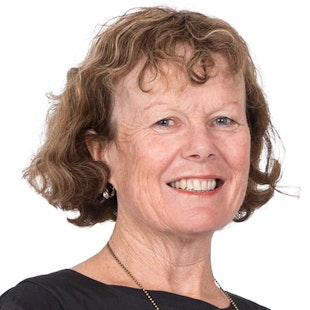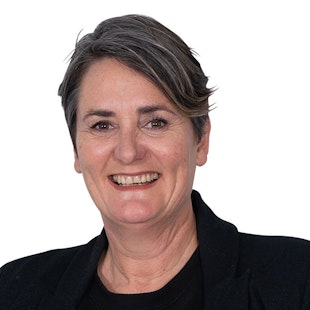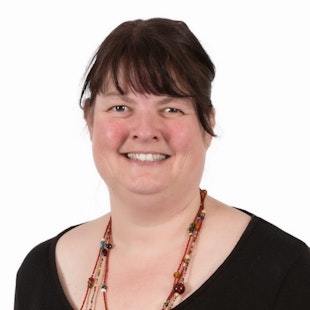Shona Smith
Accredited Facilitator (English-medium) and Consultant
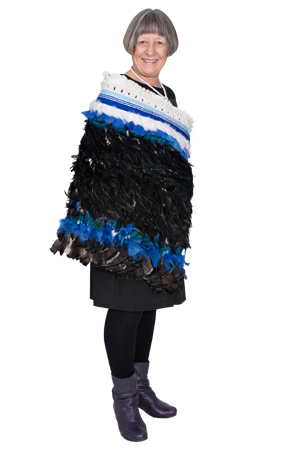
Qualifications
University of London Associate Institute of Education New Zealand Commonwealth Fellow
Diploma of Teaching – Auckland Secondary Teachers’ College
Master of Arts (Hons) (English) – University of Auckland
Bachelor of Arts (English and Languages) – University of Auckland
Professional profile
Shona knows first hand the challenges of establishing and sustaining collaborative learning communities. Her career has been focused on leading and supporting change within and beyond her own school, at local and national levels, with the aim of unlocking teacher and student potential and addressing issues of social justice.
She led Te Kāhui Ako o Waitakere through its foundational years, from April 2016 till April 2018, developing a shared vision and coherent theory of improvement, building relational trust and putting in place effective systems in order to accelerate the achievement of all ākonga, but especially of Māori and Pasifika.
As Deputy Principal she was one of the leaders of transformational change for Waitakere College, 2017 co-winner of the Prime Minister’s Education Award for Excellence in Teaching and Learning - Atatū and finalist for Leading - Atakura. She has demonstrated capacity to work effectively in partnership with Māori and Pasifika as well as deep knowledge of school leadership, including strategic planning, curriculum, assessment and qualifications, culturally responsive pedagogies, elearning, professional learning, staffing and personnel.
Shona has worked with and on behalf of teachers nationwide to bring about change. She is a former National President of NZPPTA and member of the NZQA Board, and has led or contributed to reviews of curriculum, assessment and qualifications. She has organised conferences for local and national English teacher and AP/DP Associations.
Expertise
Shona has expertise in the following areas.
Leading change
Supporting schools and Kāhui Ako to:
- use self review tools and gather voices to build a deeper understanding of what needs to change
- develop a vision and a strategic plan for implementation and review
- grow the capability of middle and senior leaders
- align pedagogy and practice with the goals for ākonga
- gather, critique and act on reliable evidence about student progress and achievement
- understand change theory and ways to work with or reframe resistance.
Culturally responsive and bicultural practice
Supporting schools and Kāhui Ako to:
- gather voice from Māori students and their whanau to inform future direction
- grow their understanding of what it means to honour Te Tiriti o Waitangi
- build reciprocal, trust-based relationships with mana whenua
- weave local history, te reo and tikanga into the curriculum
- strengthen culturally responsive and relational pedagogies
- celebrate cultural diversity and affirm the cultural identity of all ākonga.
Localised curriculum design
Supporting schools and Kāhui Ako to:
- develop a vision for their local curriculum based on the community’s aspirations for their ākonga
- build reciprocal, trust based relationships with mana whenua
- learn the cultural narratives for the local area
- design rich, deep learning experiences in authentic contexts which can be underpinned by these narratives
- ensure coherence with the national curriculum refresh and NCEA reviews.
Growing leaders
Supporting middle and/ or senior leaders to grow through individual coaching and mentoring or in teams:
- building a shared sense of purpose
- working together in effective ways
- exercising leadership through collaboration, support and challenge
- planning for sustainability when leaders move on.
English
Shona has a deep understanding of the New Zealand Curriculum and has led and contributed to whole school curriculum reviews.
She has specific expertise as an English teacher and former Head of English, with long involvement in the local and national English teaching community. She has led the review of a secondary school English Faculty, as well as working closely with a primary school as their critical friend for a successful TLIF project focused on improving writing.
